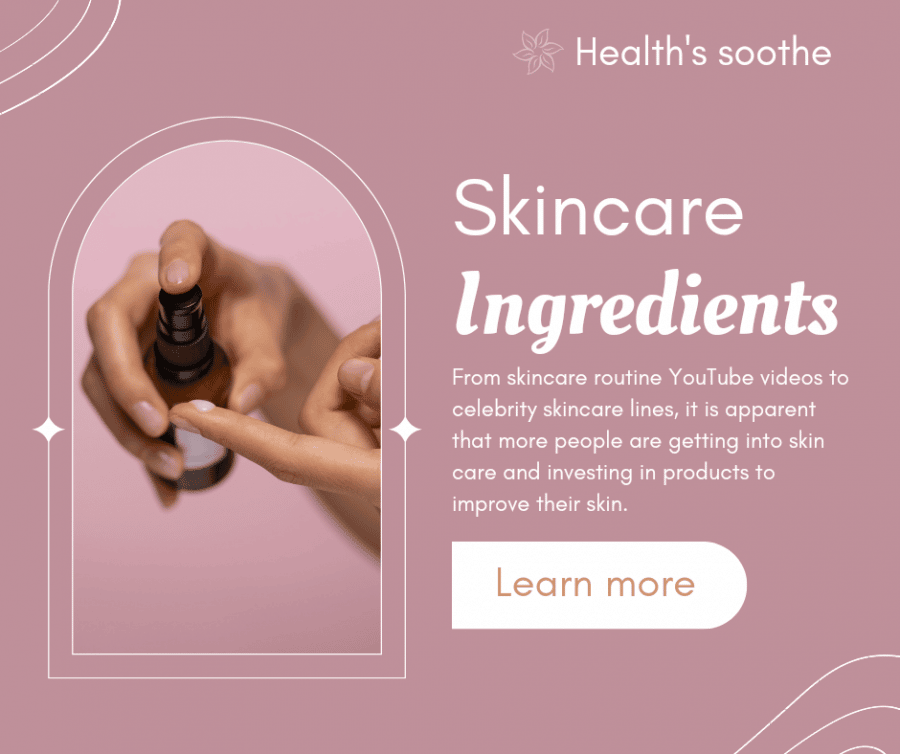Dull, tired-looking skin can really take a toll on your confidence. Sometimes, when your complexion looks flat and lifeless, it seems like no amount of makeup helps. It can also make you look way older than your years.
A recent Statista study reports that a dull complexion is the leading skin problem faced by over 56% of Generation Y. But thankfully, there’s good news! With some advanced skincare techniques, you can bring back that healthy radiance and get your skin looking lively again.
Keep on reading, as this article will share with you some advanced skincare tips for tackling dull complexions, from body peels to deeply hydrating moisturizers. So, get ready to get your glow back!
Brighten up with body peels
It’s a well-known fact that your body’s largest organ is your skin, which means that a dull complexion doesn’t only happen on your face but can also affect the rest of your body. Using chemical exfoliant peels designed for your body is a great way to brighten and even out skin tone beyond just your face.
Look for a body peel that contains ingredients like glycolic, lactic, or salicylic acid. Then, start by applying the peel to clean, dry skin once a week, and focus on areas prone to dullness or dryness like elbows, knees, and the backs of legs and arms. Let the peel sit for 3 to 5 minutes before rinsing.
For the best results, apply body lotion after rinsing to hydrate and nourish the skin. Over time, staying consistent with weekly body peels gives a brighter, more even-toned appearance to the skin all over your body.
Exfoliate regularly
One of the best ways to tackle a dull complexion is to exfoliate on a regular basis. Shedding those dead cells can do wonders for revealing that fresh, glowy skin underneath. So, try to exfoliate two to three times a week. Just don’t overdo it, or you could irritate your skin. Be gentle – small circular motions work great.
Exfoliating sets the stage for your other products to work better, too. Getting rid of the dead skin on top allows the good ingredients in serums and creams to penetrate and treat your skin better. Don’t skip this step in your routine if you want that glow back.
Use vitamin C
Vitamin C is a skincare superstar and powerhouse ingredient when brightening dull skin. It tackles so many causes of dullness at once. It also reduces inflammation, helps fade spots, ramps up collagen, and puts a stop to melanin production. That’s like a magic combo for lackluster skin!
To use vitamin C, look for serums with L-ascorbic acid (the most potent form of C) and apply it every morning. You can apply it right after cleansing and before your SPF. Also, store your serum in an opaque bottle and in the fridge to keep it stable. Fair warning: vitamin C can be a bit pricey, but it’s so worth it for that celestial glow.
Consider microneedling
For a more advanced approach, you may consider microneedling. While it may seem scary for beginners, microneedling can actually be a huge hit for boosting radiance and helping with lackluster skin. The idea with this minimally invasive treatment is to use tiny needles to create micro-injuries that will tell your body to produce more collagen. According to a study, four microneedling sessions have shown up to 400% increase in collagen. Remember, more collagen equates to plumper, brighter skin.
While at-home rollers are a good option, getting your microneedling done by a professional can take the results to the next level. Professional microneedling goes deeper into the skin than what you can achieve on your own. The needles typically range from 1mm to 2.5mm in length compared to 0.25mm to 0.5mm for at-home tools. This allows for more dramatic collagen and elastin simulation.
Of course, professional microneedling costs more per session than DIY rollers, but the results are hard to match. For severe dullness or skin that needs some serious rejuvenation, medical microneedling may give you that coveted glow more quickly. Just be sure to do your research to find an experienced provider.
Illuminate your skin with LED Light therapy
LED light therapy is where it’s at these days for radiant skin. LED uses different color wavelengths of light to target various skincare concerns. For instance, red and near-infrared lights boost collagen and fight dullness.
You can find LED masks for home use that are super easy to integrate into your routine. Just sanitize the mask, apply it for 10-20 minutes while relaxing, then watch your skin glow from the illumination. The light penetrates deep to energize skin cells, almost like a fluorescent drink for your face.
In-office LED treatments amp up the effects even more. Many dermas and estheticians now offer high-powered LED light facials. Along with light therapy, they also use serums or moisturizers that become activated. And after a few sessions, your skin will surely be radiating from within.
Use retinoids
Retinoids are vitamin A derivatives that can seriously boost radiance and improve texture when used consistently. They help increase collagen production and speed up cell turnover, which are both total game changers for dullness. But for the not-so-fun part, retinoids can cause dryness, peeling, and redness when you first start. It’s a “retinization period” that your skin needs to adjust. So, moisturize really well, morning and night. And wear your SPF religiously as your skin may get photosensitive.
Key Takeaway
A dull, lackluster complexion can happen to anyone. But with a strategic skincare routine using techniques like exfoliating, vitamin C serums, or microneedling, you can reveal glowing, vibrant skin. So, take note and don’t let dullness get you down – implement these advanced techniques, and you’ll be on your way to a radiant, refreshed complexion.


